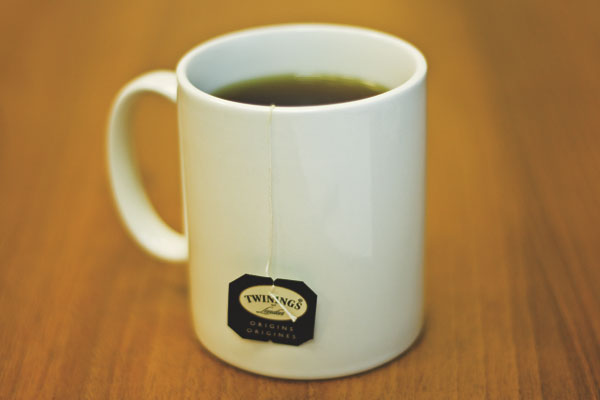Ann Gill
contributor
Getting caught up in the fast food neon lights because your concentration is fading? Walk away more focused from the lights and keep that healthy diet with the warm embrace of the holistic lifestyle. Many are intimidated by the sound of a holistic diet, assuming the changes are difficult or unachievable on a student budget.
There comes a turning point in your life when it’s obvious a cleansing or a change is needed. Holistic is more than eating a certain number of fruits and vegetables a day—it’s a way of life. It is your own personal road map to eating that goes beyond the food on your plate.
So how can such a diet help you as a student achieve optimal energy and concentration levels?
It’s simple, and it’s realistic. It starts with feeding your brain, which is in permanent communication with the rest of your body.
“The brain is a hungry organ using up to 25 per cent of your calories mainly derived from carbohydrates. Brain cells are not looking for calories, they are looking for nutrients,” says Lise Leela, a registered holistic nutritionist, who is board certified in practical holistic nutrition.
So what are these key nutrients that can help you unleash your potential? It starts with carbohydrates, which are your brain’s fuel. Balancing your glucose (carbs) level is optimal when it comes to tuning your brain. Complex carbohydrates increase the levels of serotonin in your body and decrease cortisol (the stress hormone). Dark leafy green vegetables, whole grain breads and pastas, brown rice, sweet potatoes and beans are all complex carbohydrates.
Trying to stay away from coffee, alcohol, refined sugar, carbonated beverages, and white carbs, are important because they hinder good glucose balance. Another important nutrient is a good B vitamin. Any “B complex” is a stress fighter, improves and stabilizes mood and helps metabolize all those complex carbohydrates. Protein acts as the messenger or carrier in your brain, making it a key nutrient.
Foods rich in good proteins are eggs, wild fish, turkey, beans, and lentils. Omega-3 essential acid protects neurons and is the“brain oil”. Leela recommends a good Omega-3 fish oil supplement, such as NutraSea+D by Ascenta health. It is carried at the Nutrition House store located in York Lanes.
It is also recommended to consume raw nuts and seeds, ground flaxseeds, flaxseed oil, and hemp oil. These types of oils are easy to add to any diet; it can be taken once in the morning, or added to foods you may be already eating.
Antioxidants are another vital part of the holistic diet. Not only do these protect brain cells, but they support the immune system during stressful periods. Midterms call for these fighters. The best source for antioxidants is fresh fruits and vegetables packed with vitamin C. Short on time? Leela recommends a dose of Barlean’s Organic Oils Olive Leaf in the morning and make sure to eat at least one raw vegetable a day.
Another factor in achieving a holistic diet and going through a cleansing process is to maintain a healthy pH balance. To maximize your health and balance your pH level, an alkaline-rich diet is vitally important. The ideal ratio is to consume 75 per cent alkalinizing-forming foods and 25 per cent acid-forming foods daily.
An acidic diet can impair your health in many ways. Antioxidant activity is impaired; vitamins and minerals from food are not absorbed well; sleep patterns are disturbed; colds, infections, headaches, and the flu become more common. While physical and mental energy is depleted, greatly affecting stamina and mood. Colourful fruits and vegetables are among the best alkaline-forming foods (also packed with antioxidants). Foods such as poultry, beef, or white pastas and rice pair well with broccoli for neutralization.
These are the basic principles of a holistic diet, which will give you not only a greater burst of energy but also a balanced physical, emotional, and mental state. Holistic means whole, and a holistic cleansing diet is meant to put every section in your life in balance.
It means experimenting with new sources of protein and lessening meat, dairy, sugar, coffee, alcohol, tobacco, and junk food intake, but it will happen slowly.
Always listen to the feedback your body gives you and avoid making sudden changes. That is the essence of being holistic.



